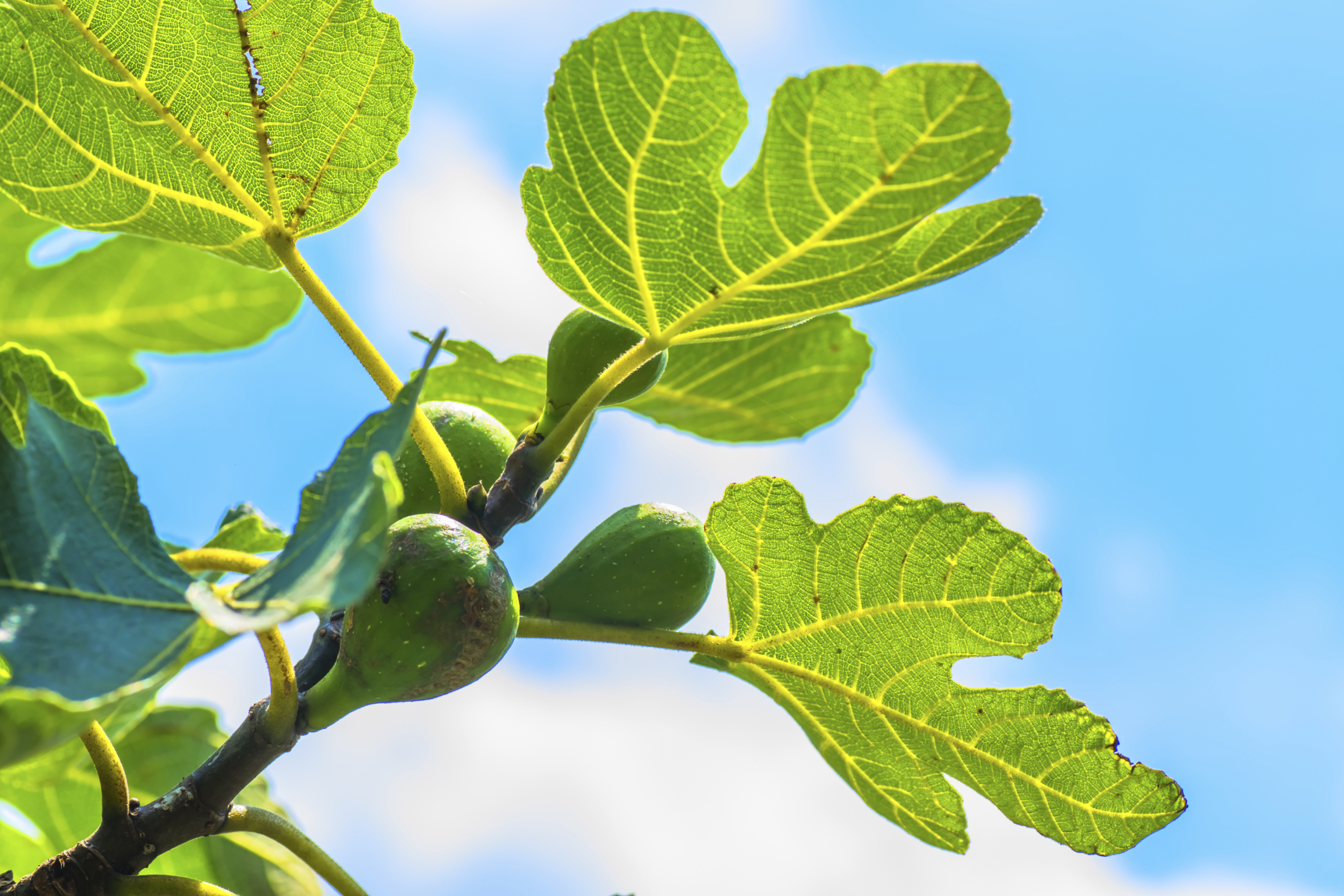Lung Health During the Winter : As the winter chill sets in, it’s essential to take proactive steps to care for your lungs. The cold, dry air, coupled with indoor heating, can lead to respiratory discomfort and worsen lung conditions. To fortify your respiratory system, incorporating lung-friendly foods into your diet is a smart move. In this article, we will explore the top seven foods that can help maintain lung health during the winter, along with valuable tips, external resources, and answers to frequently asked questions.
Why Lung Health Matters in Winter
Winter poses several challenges to lung health, making it crucial to give your respiratory system the care it needs:
- Dry Air: Cold air can be dry, leading to irritated airways and increased susceptibility to respiratory infections.
- Indoor Heating: Indoor heating systems can reduce indoor humidity, further contributing to dry air and potential lung discomfort.
- Infections: Winter is notorious for colds and flu, which can affect the respiratory system.
Top Foods for Lung Health
- Fatty Fish: Salmon, mackerel, and trout are rich in omega-3 fatty acids. These healthy fats can reduce inflammation in the airways.
- Oranges: Citrus fruits like oranges are packed with vitamin C, which is known for its immune-boosting properties.
- Berries: Blueberries, strawberries, and raspberries contain antioxidants that can help protect lung tissue.
- Nuts: Almonds, walnuts, and seeds are sources of magnesium, which supports lung function.
- Turmeric: This spice has anti-inflammatory and antioxidant properties that can benefit respiratory health.
- Ginger: Ginger has natural anti-inflammatory and antimicrobial properties that can alleviate respiratory discomfort.
- Green Tea: Loaded with antioxidants, green tea can help reduce inflammation and improve lung function.
Tips for Lung Health
- Stay Hydrated: Drink plenty of water to keep your airways moist.
- Maintain Indoor Humidity: Use a humidifier to add moisture to your indoor environment.
- Practice Good Hand Hygiene: Prevent infections by washing your hands regularly.
- Exercise Regularly: Physical activity supports lung health by increasing lung capacity and oxygen intake.
- Quit Smoking: If you smoke, consider quitting or seeking assistance to do so.
External Resources
For more information on maintaining lung health during winter, consider exploring these external resources:
Frequently Asked Questions
Let’s address some common questions related to winter lung health:
Q1: Can winter weather worsen pre-existing lung conditions?
A: Yes, cold and dry winter air can exacerbate conditions like asthma, chronic bronchitis, and COPD. It’s crucial to take preventive measures.
Q2: How can I maintain good indoor air quality during winter?
A: Ventilate your home regularly, use air purifiers, and maintain clean heating systems to improve indoor air quality.
Q3: Are there any foods to avoid for lung health in winter?
A: Limit consumption of dairy products and processed foods, as they can contribute to mucus production and inflammation.
Conclusion
Your lung health is of paramount importance, especially during the challenging winter months. By incorporating lung-friendly foods into your diet and following essential tips, you can support your respiratory system and reduce the risk of discomfort or illness. Remember to stay hydrated, maintain indoor humidity, and practice good hand hygiene to keep your lungs in optimal condition throughout the winter season.










